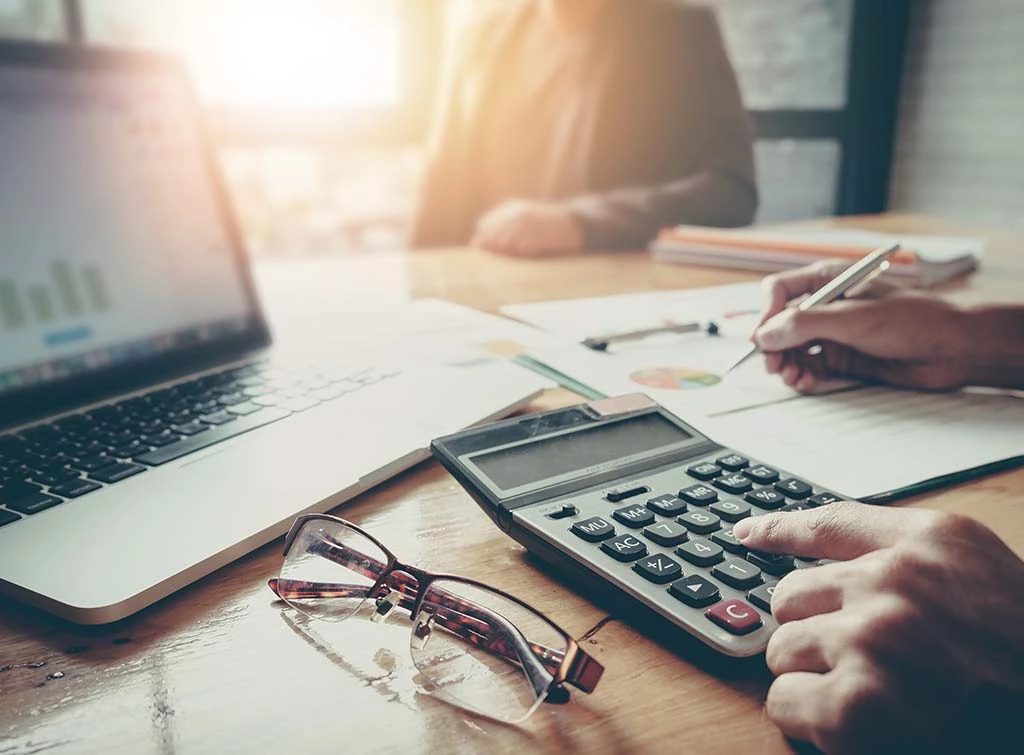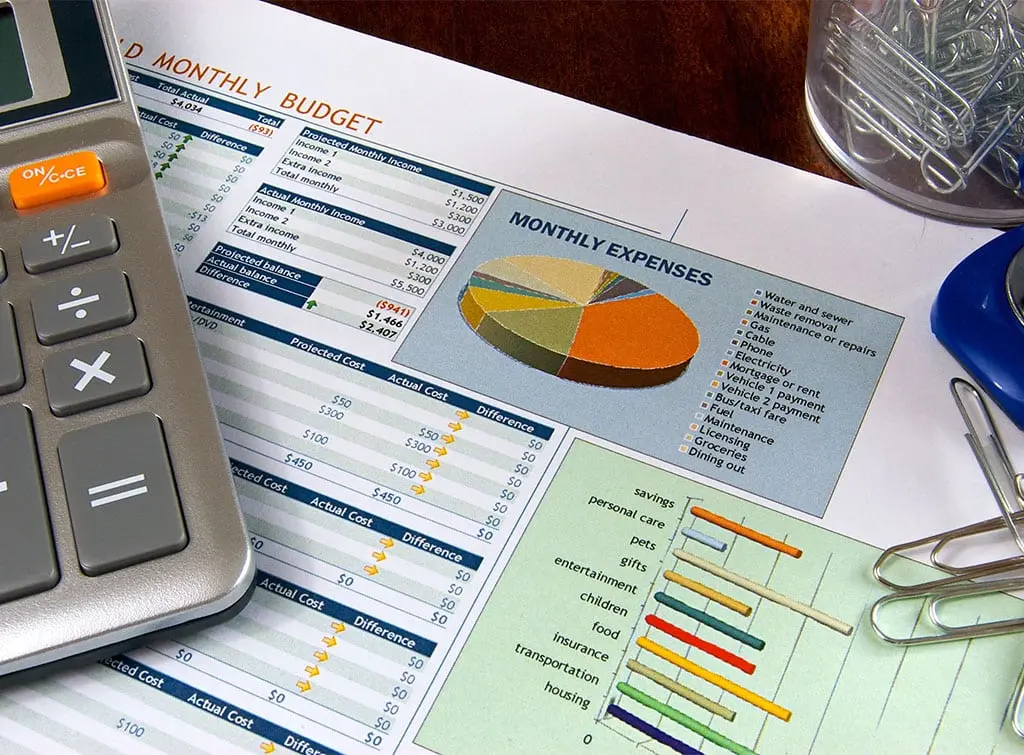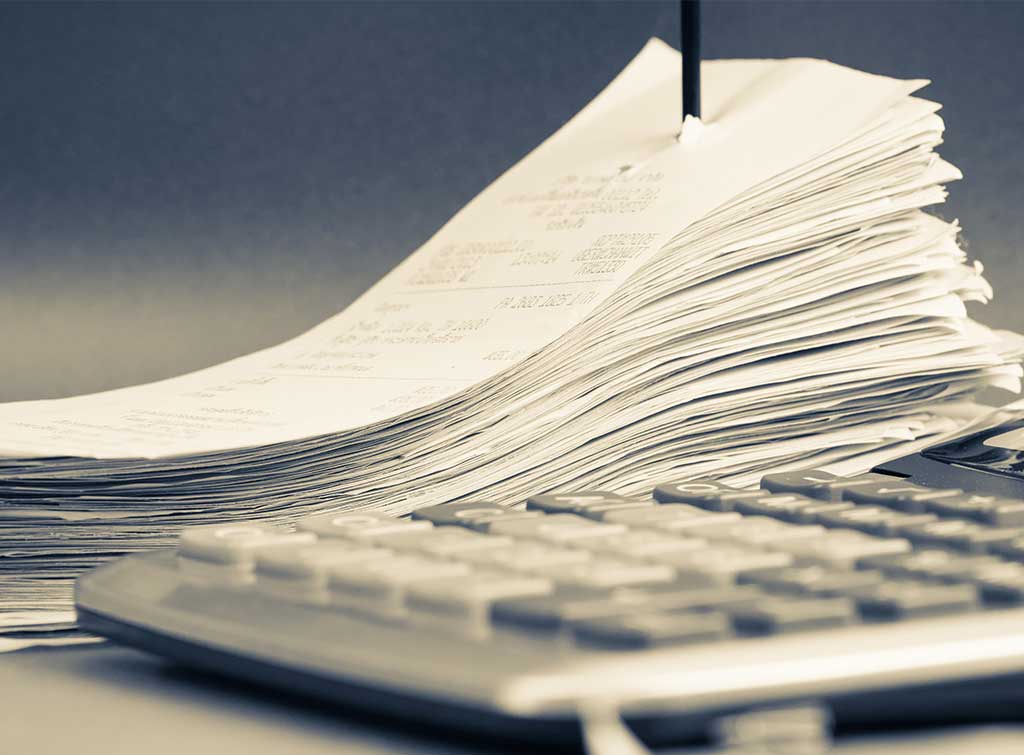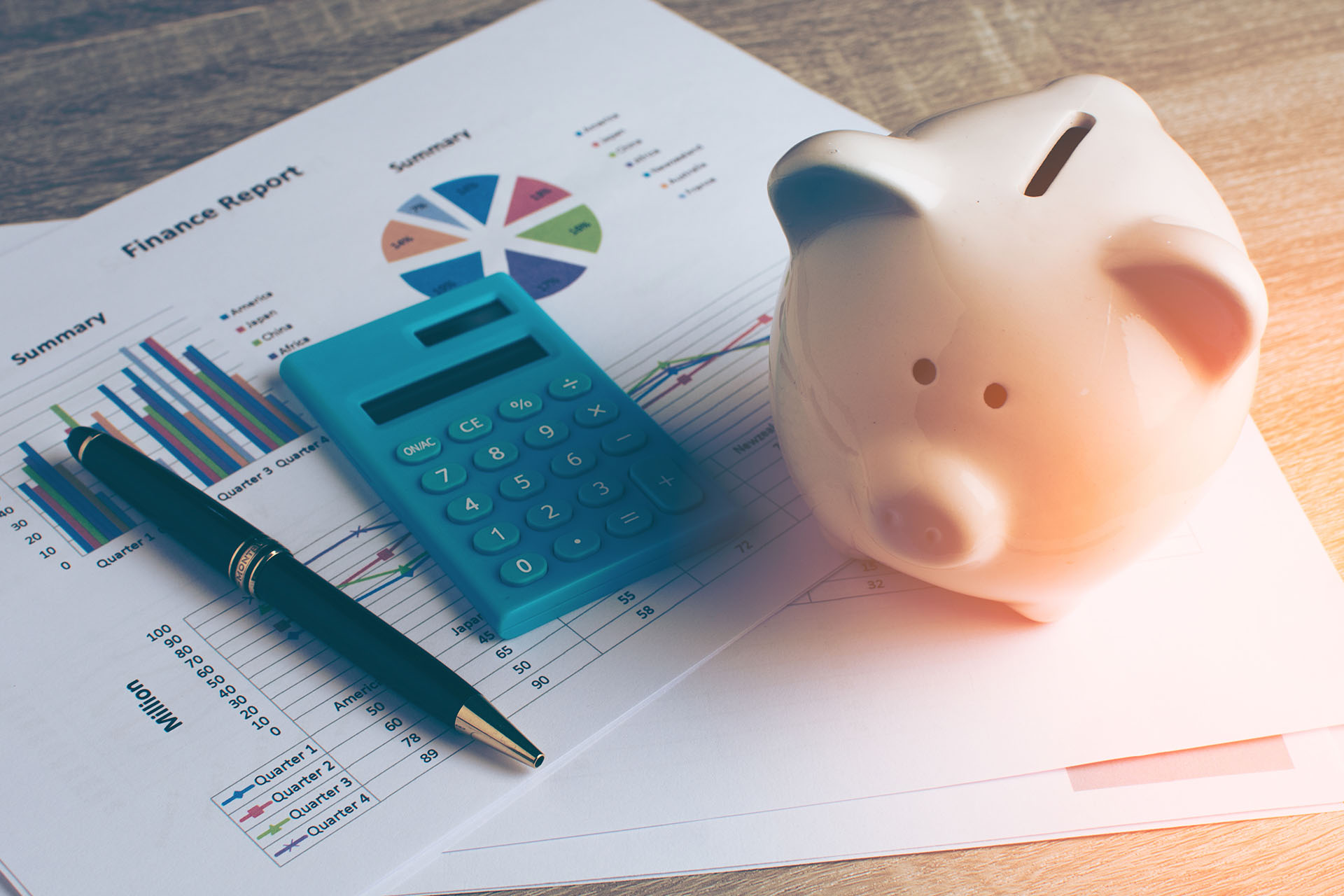Blog>Trade>Finance>How to pay less tax as a sole trader
Last updated: 17 January 2024
How to pay less tax as a sole trader
Sole traders are responsible for completing and filing their own self-assessment tax returns. However, you never want to be paying more tax than you need to. Keep reading to learn how to reduce tax as a sole trader.

Sole traders and tax
Like any business, sole traders are subject to tax on their earnings. This comes in the form of Income Tax and National Insurance Contributions. However, just because tax is legally required, that doesn’t mean you should be paying any more than you have to.
In this post, we'll guide you through what's meant by tax relief for sole traders. Including the various allowable expenses you can claim to reduce your tax bill. As well as how this differs from those running a limited company.
All so you know how to pay less tax as a sole trader!
What is tax relief for sole traders?
As a self-employed individual, you will have to pay tax on your income. However, unlike limited companies, you’re only taxed on your profits. This means you can deduct things such as personal allowances and expenses from your revenue. Which in turn reduces tax costs.
In other words, the more allowable expenses you have, the less taxable profit you have. Meaning those who want to know how to reduce tax as a sole trader should look into tax relief.

Claiming sole trader expenses
Like any business, you’ll naturally incur costs and expenses as a result of running your self-employed business. But as we just mentioned above, the more allowable expenses you have, the lower your tax bill.
What is an 'allowable expense'?
An allowable expense is a tax-deductible item, which means you don't pay tax on such outgoings. They’re essentially costs you've incurred that directly relate to the running of your business, which means you can claim them.
Of course, working out what might be an allowable expense isn’t always easy. Thus, it’s best to ask yourself if a potential allowable expense was purchased exclusively for work. If so, it counts as an allowable expense.
However, if you’re at all in doubt, then it’s best to contact the self-assessment helpline.
Get help keeping a track of your finances
Our quoting and invoicing tool is free for members
The 8 types of allowable expenses
Now that you know to look out for allowable expenses, let’s touch on the core 8 you can claim on. These are incredibly common points across all self-employed businesses, so chances are you can claim on at least one.
1. Office property and equipment
As the heading implies, office property and equipment covers everything relating to running your office and buying equipment. Such as:
Gas
Electricity
Water
Rent
Mortgage payments
Stationery
Phone or broadband bills
Office equipment
Although not all of this can be claimed on, it’s worth researching where in this area you can save money.
2. Travel expenses
One of the most common areas of business to claim on, travel expenses can encompass all manner of items. For example:
Vehicle insurance
Vehicle repairs
Vehicle servicing
Fuel cost
Parking costs
Van leasing
Breakdown cover.
However, it’s important to note that you cannot claim for travel between home and work.

3. Work clothing
Work clothing expenses can be claimed should you need to purchase workwear, uniforms, overalls, or any form of PPE. These are, after all, essential things for your business, hence why they can be expensed.
4. Staffing costs
Any costs related to your staff, such as salaries, bonuses, pensions, benefits, or subcontractor or agency costs, can be claimed. This is particularly important for small businesses just starting to grow.
5. Reselling goods
If you find you’re buying items to resell, for example, stock or raw materials, these can count as allowable expenses. Meaning you can avoid losing money on sales of this sort that you make.
6. Legal and financial costs
Although it’s not likely to happen, should your business need to make legal costs, these can be claimed on. This includes things such as your business insurance, the cost of hiring an accountant, or items such as bank fees.
Save moeny with Checkatrade
Checkatrade members get dicosutns on training, tools, and more!
7. Marketing, entertainment, and subscriptions
In some cases, you can claim for marketing and advertising costs. For example, paying for an advert, costs related to your website, or a sponsorship opportunity.
You can also claim for subscriptions to a trade journal or membership to a professional body related to your business. However, you should note that you can’t claim for entertaining clients, suppliers, or customers.
8. Training courses
Finally, if you require any work-related training courses for you or your staff, these can count as allowable expenses. Thus, anyone hiring new staff should look to take advantage of this tax deduction.
What if you use something for both business and personal reasons?
As we stated earlier, you can only make a claim on the proportion of the cost related to your business. This means that any costs relating to personal use will not be applicable for tax relief.
For example, if your mobile phone bill is £300, but £200 is for personal calls, you can only claim £100 of business expenses for this item.
Are sole traders and limited companies taxed differently?
The terms sole trader, partnership, and limited company refer to the structure of a business. And these structures will be assessed differently for tax purposes.
A limited company is a separate legal entity from its owners. But the owner of a sole trader is one and the same thing from a tax and legal perspective. As a result, tax will differ in the following ways:
Sole traders will pay income tax and National Insurance Contributions
Limited companies will pay corporation tax, VAT, Employer National Insurance contributions, and personal tax liabilities for company directors
We suggest reading our piece on business taxes if you want more information on this topic.

Grow your business with Checkatrade
So, now you know how to pay less tax as a sole trader. However, if you want to save money in other areas of your business, you should join Checkatrade today.
As a member, you’ll get discounts on training and tools, as well as other areas of your business. Not only that, but you’ll even get your own business profile that customers can find you through.
Did you know that as a Checkatrade member you can save an average of £470 per year*. Savings include equipment, insurance, van leasing, workwear, and more.
Get in touch today to learn more about our member benefits. You can also read plenty of other informative articles on our site. Such as how you can legally pay less tax and our self-employed tax rate guide.
Get help keeping a track of your finances
Our quoting and invoicing tool is free for members
FAQs
What are capital allowances for sole traders?
If using a traditional accounting method to track your claims, you can claim capital allowances. This applies when you purchase an item that you'll keep to use in your business. This can include:
Equipment
Machinery
Business vehicles
However, you cannot claim expenses or capital allowances if you use your £1,000 tax-free 'trading allowance'.
Do self-employed people pay less tax?
No, not necessarily. Self-employed people are still charged tax at the same rate as employed people. However, you may pay less or more, depending on your business’s profit.
Content disclaimer: This content has been created for general information purposes and should not be taken as formal advice. Read our full disclaimer here.
*Year runs from April 21’ to March 22’. Saving calculation based on average spend across 12,505 members in 2020/2021/2022. Discounts differ depending on the partner. Products range from low value items to high value items. Some exclusions will apply on products.


